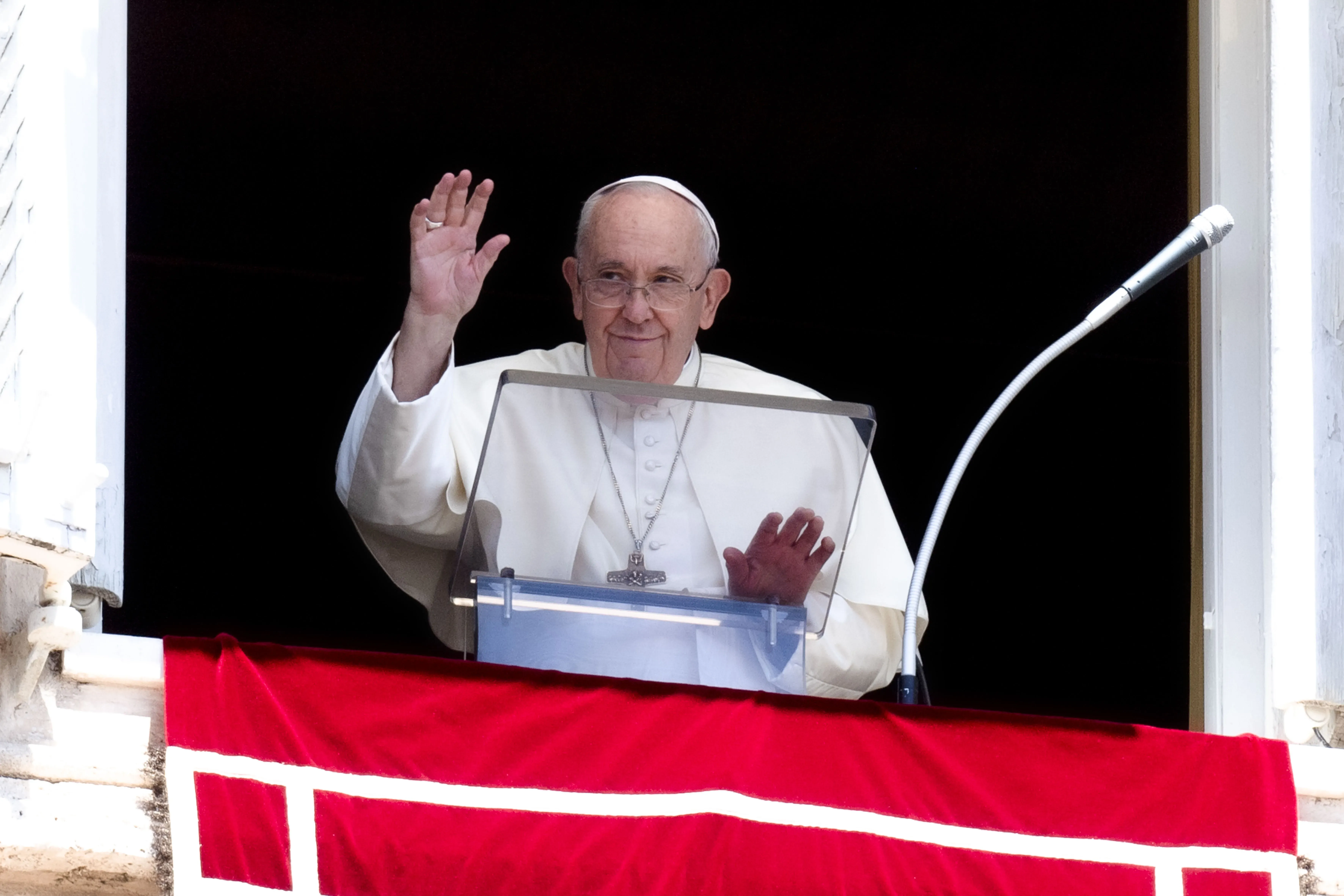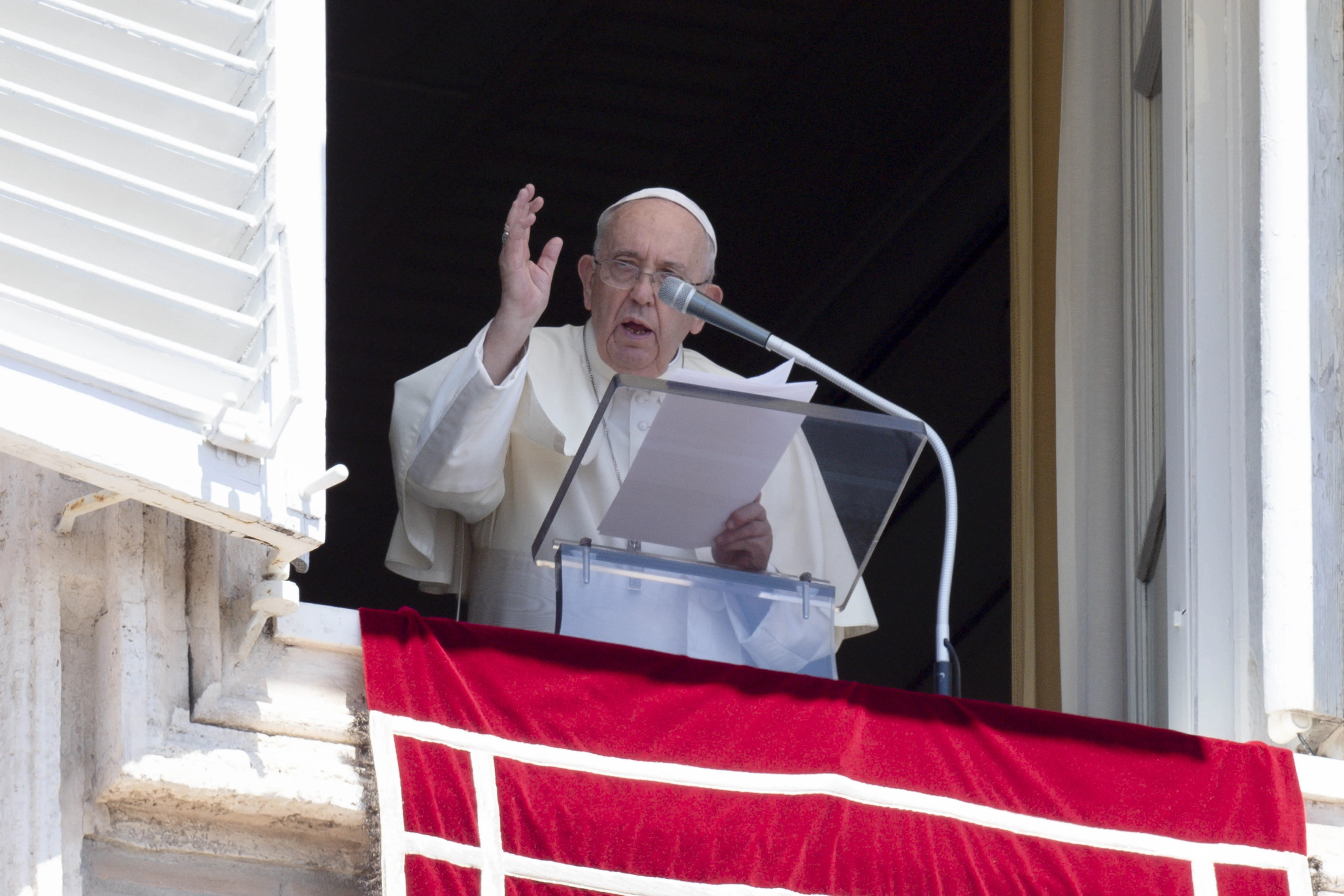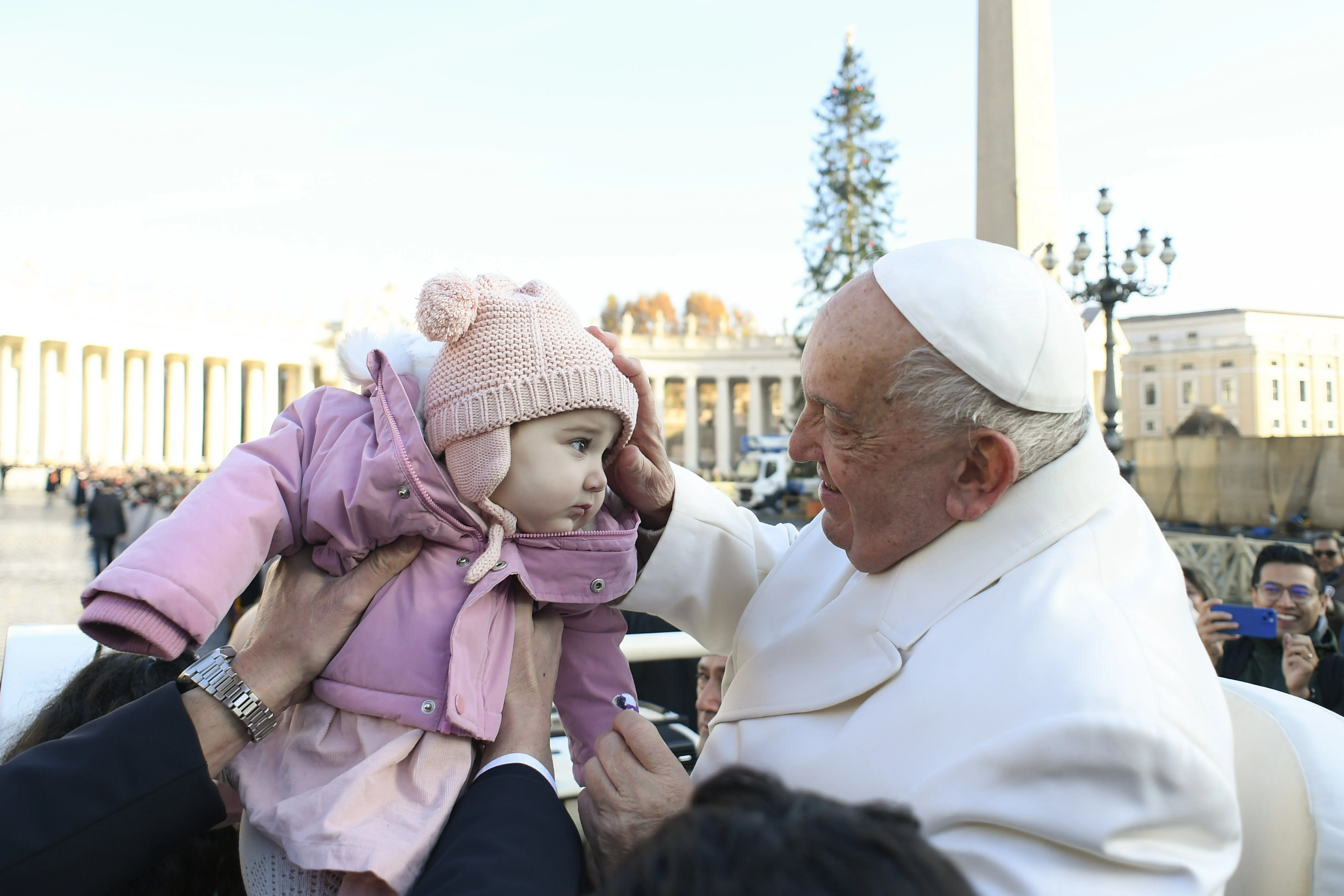Washington, 31 July, 2022 / 8:15 pm (ACI Africa).
A day after returning to Rome from his weeklong trip to Canada, Pope Francis on Sunday reflected on the dangers of coveting wealth and possessions.
In Sunday’s Gospel, Jesus responds to a man who wants his brother to share his inheritance with him. “Take care to guard against all greed,” Jesus tells the crowd, “for though one may be rich, one’s life does not consist of possessions” (Lk. 12:15).
The Holy Father noted that rather than entering into the details of the man’s situation, he “goes to the root of the divisions caused by the possession of things”: covetousness.
“What is covetousness? It is the unbridled greed for possessions, always desiring to be rich,” the pope said, speaking to pilgrims in St. Peter’s Square before the weekly recitation of the Angelus.
“This is an illness that destroys people, because the hunger for possessions creates an addiction. Above all, those who have a lot are never content, they always want more, and only for themselves. But this way, the person is no longer free: he or she is attached to, a slave, of what paradoxically was meant to serve them so as to live freely and serenely,” Pope Francis warned.









